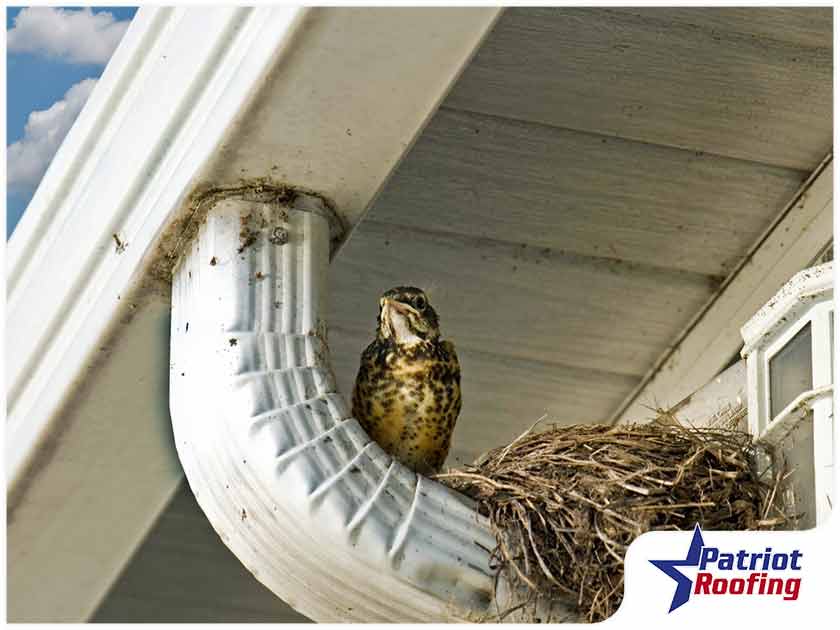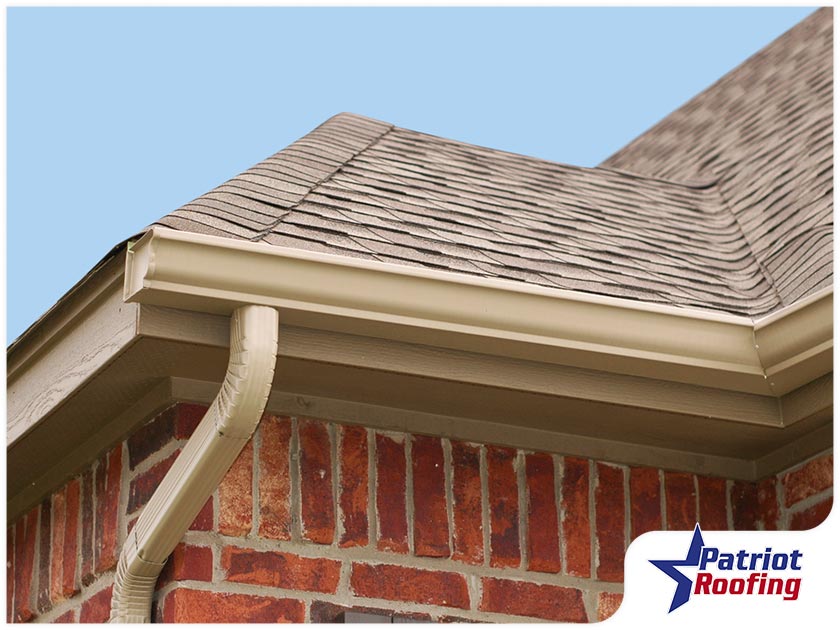My neighborhood was struck by an EF-4 tornado (4 November) and we were besieged by roofing companies, offering free inspections and quotes. Patriot's representative noticed my "No Soliciting" sign on my door and respected that, leaving his card by the door. I chanced to meet him later as he was walking down the road and engaged in conversation. I was impressed by his demeanor and allowed him and his team to make an inspection and was told his review would be sent to my email. Now while every other roofing service merely gave me a price quote, Patriot gave me a detailed, item by item quote and was lower in most cases. It was that detailed quote that caused me to select Patriot. Weather was still bad in the days following but a break was predicted and the day prior to the weather break, the shipment of materials came to my residence. The next morning, very early in the morning, I heard vehicles in my front yard and was surprised to encounter a the roofing crew, who had driven since 3:00 am to get here at 6:00 am. The weather was still not favorable and I offered some recommendations as to where they could possible go and have breakfast. They declined and stated they would remain at the yard until the site manager (crew boss) gave them the go ahead. The "boss" arrived just about as the weather broke and the team attacked the house like a well-oiled machine, removing my old roof and starting in on repairs to the roof. Not once did I see any of the workers stop for a smoke break, or drink. Just steady work until such time as the boss called lunch. They brought their lunch with them, at on site, and then went immediately back to work. A ground crew was in constant motion, picking up debris and moving yard items away from the work area, I dare say the whole rood, complete with the number of repairs needed would have been completed that same day, had it not been for the delay in the morning due to weather. The crew as back the next morning and all was complete, to include yard pick-up and site clean up before mid morning. Being a retired Sergeant Major (US Army), the observed work ethic of all involved was truly commendable.















